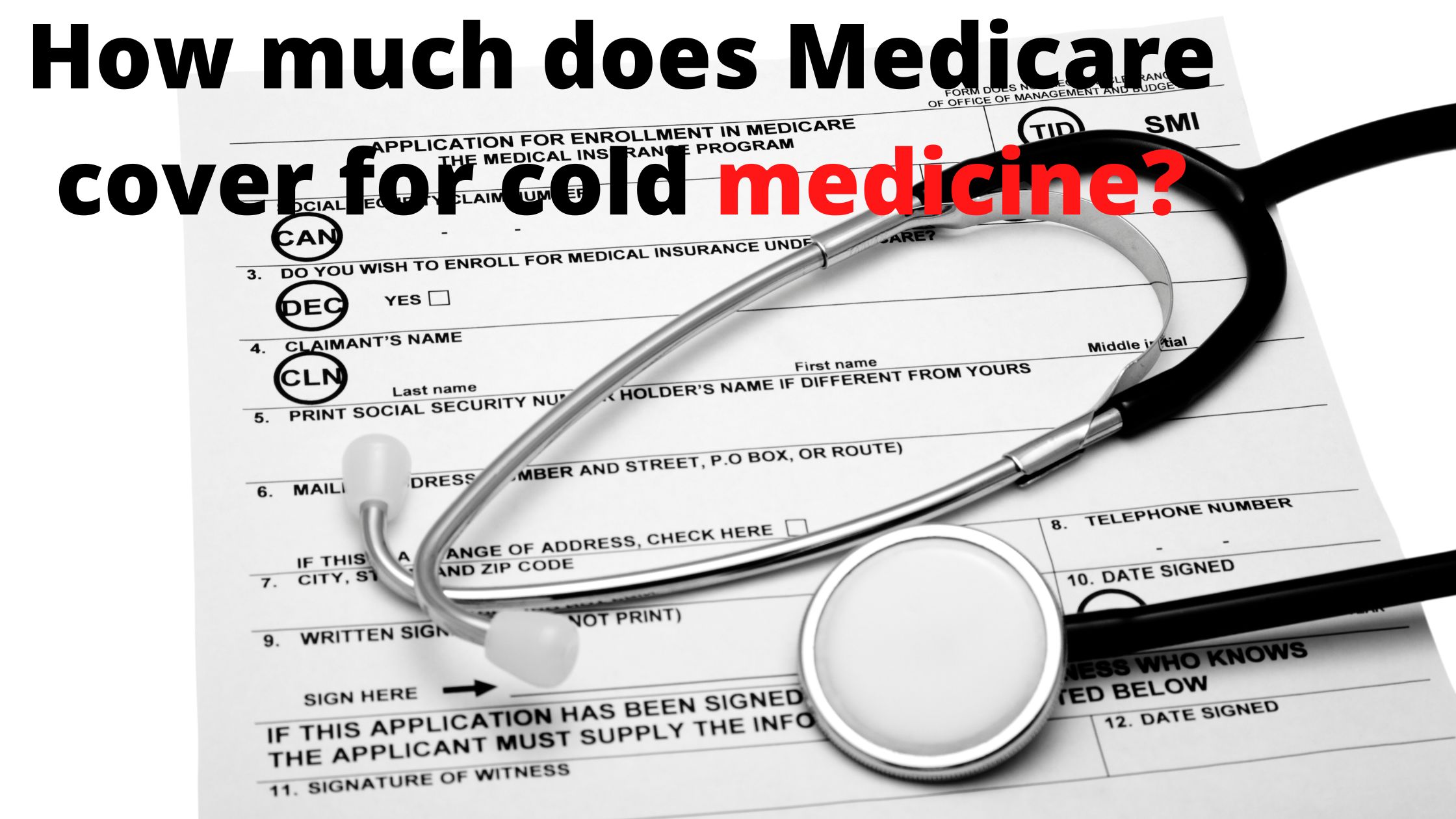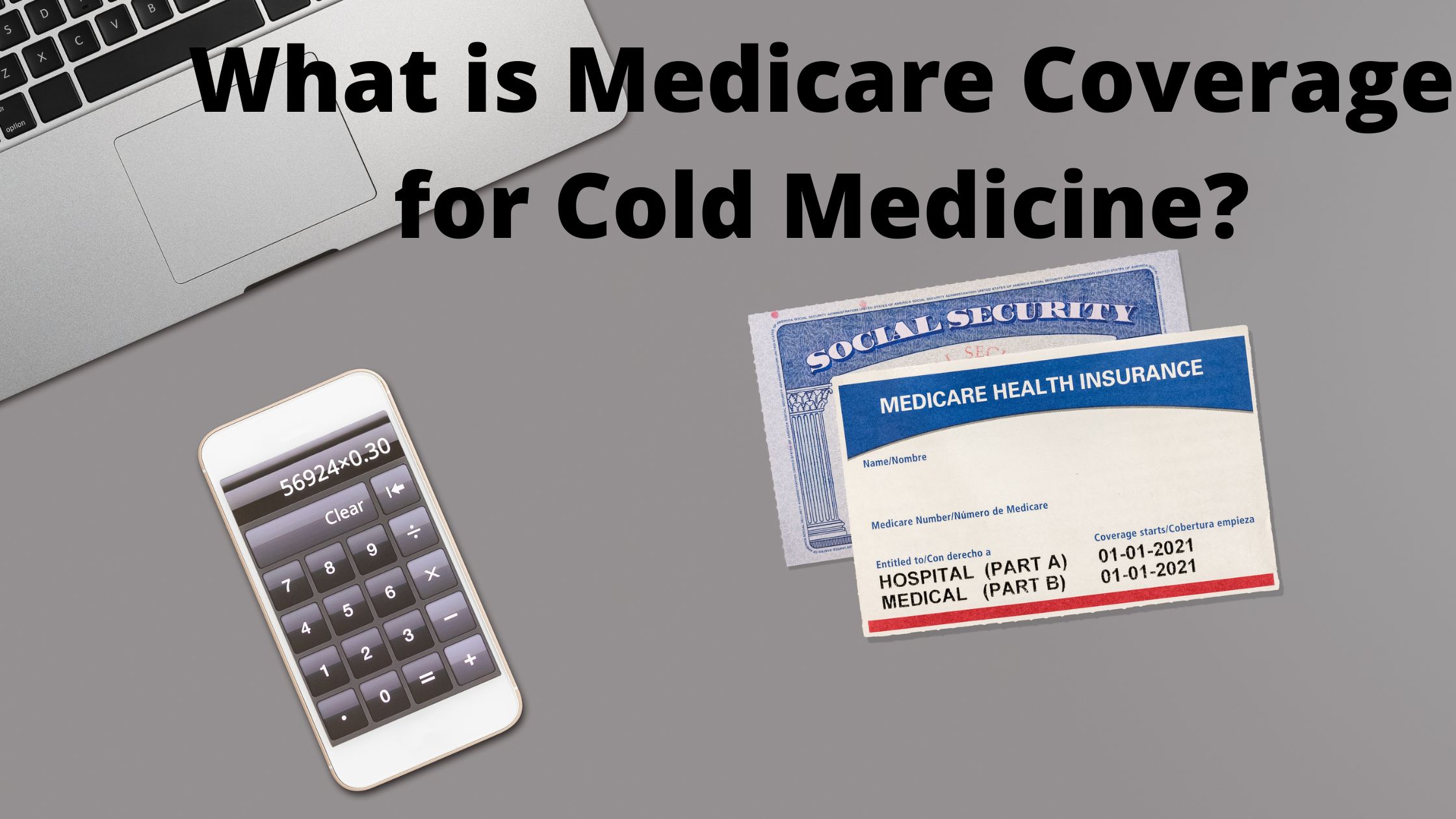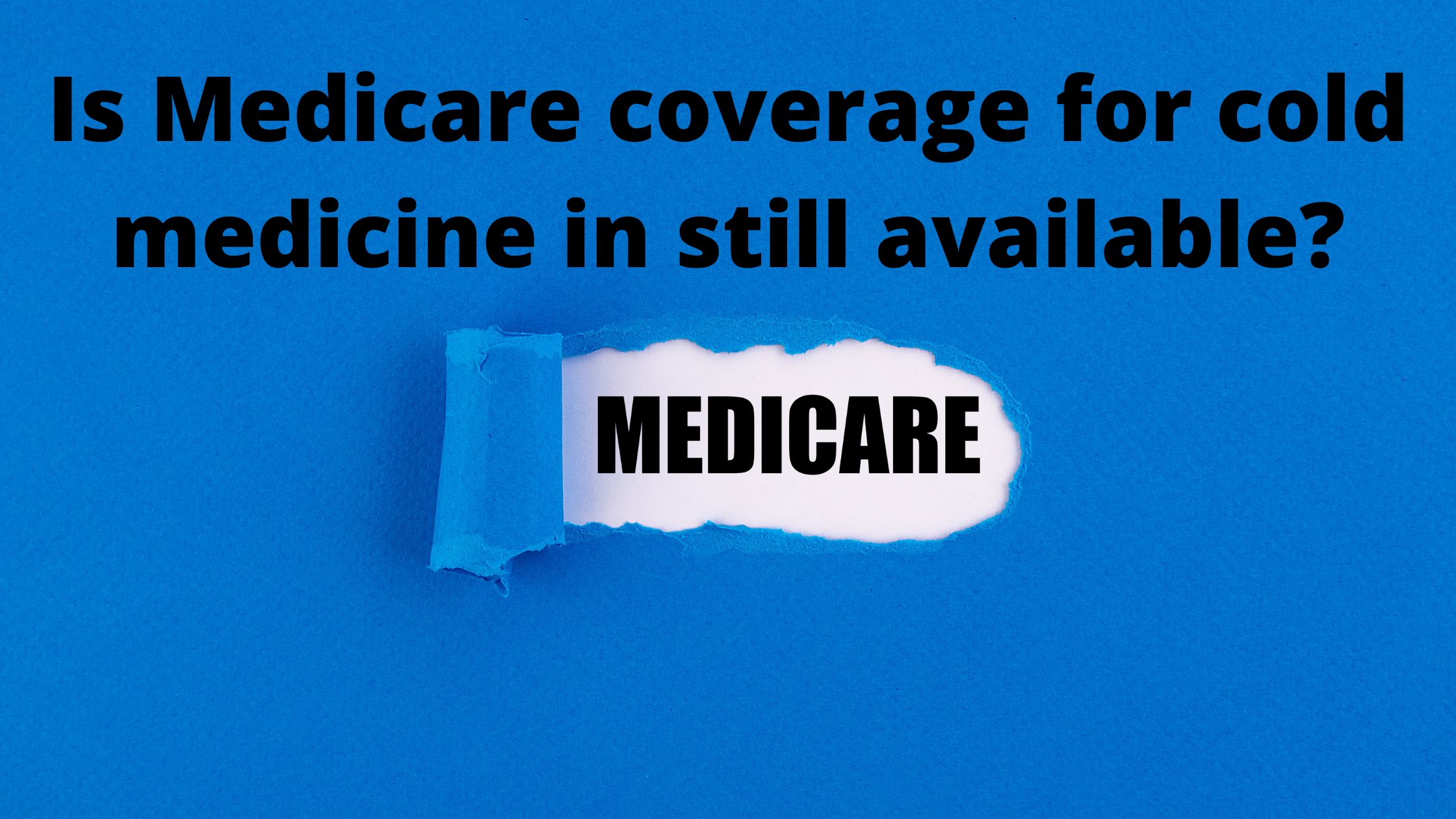As we move into the future, more and more health care services are becoming automated. One such service is Medicare, which covers many prescription medications. In 2022, Medicare will start covering cold medicine as a regular prescription item. This change is a result of new evidence that shows the benefits of using cold medicine to treat common colds.
What is Medicare Coverage for Cold Medicine?
Medicare coverage for cold medicine varies depending on the drug. Some drugs are covered without a prescription, while others must be prescribed by a doctor.
There are three types of Medicare coverage for cold medicine: Prescription Drug Coverage (PDC), Part D coverage, and Medicare Advantage plans. PDC covers most prescription drugs without a prescription, while Part D covers medications with a prescription but also includes some over-the-counter drugs. Medicare Advantage plans are insurance plans that are offered by private companies and they will usually cover all or most of your medication costs.
Is Medicare coverage for cold medicine in still available?
Medicare coverage for cold medicine is still available. In fact, it is one of the few medications that Medicare still covers.
Medicare coverage for cold medicine is available to people who are age 65 or older and have Medicare Part A. This coverage includes medications such as acetaminophen (Tylenol), ibuprofen (Advil, Motrin), and naproxen (Aleve).
People with Medicare Part B may also be able to get coverage for cold medicine. This coverage includes medications such as ibuprofen, acetaminophen, and naproxen. However, some prescription drugs may not be covered by Medicare Part B. You will need to check with your insurance company to see if you are covered for cold medicine.
What are the requirements to receive Medicare coverage for cold medicine?
In order to receive Medicare coverage for cold medicine, you must meet the following requirements:
You must be a US citizen or permanent resident.
You must be aged 65 or older.
You must be receiving Social Security benefits.
You must have a doctor’s prescription.
Is there a waiting period before Medicare begins covering cold medicine?
There is no waiting period before Medicare begins covering cold medicine. The coverage begins the day you fill the prescription.
Medicare covers a variety of prescription medications, including cold medicine. This coverage begins the day you fill the prescription and lasts for 90 days. After that, you must refill the medication every 90 days in order to continue receiving coverage.
How much does Medicare cover for cold medicine?
Medicare covers a variety of medical expenses, and cold medicine is one of them. Medicare covers all generic and brand-name cold medicines, as long as they are prescribed by a doctor.
There are two limitations on Medicare coverage for cold medicine. First, Medicare does not cover over-the-counter cold medicines. Second, Medicare only covers a limited number of doses per month. So if you need to take multiple doses of cold medicine each day, you will have to pay out-of-pocket for each dose.
What happens if I stop taking my prescribed cold medicine?
If you stop taking your prescribed cold medicine, you may start to experience some side effects. These side effects will depend on the type of cold medicine you are taking and how long you have been taking it. However, most of the time, stopping cold medicine will not cause any serious health problems.
If you have trouble breathing or develop a fever after stopping your cold medicine, contact your doctor immediately. Otherwise, there is usually no need to worry about any serious health problems from stopping cold medicine.
Conclusion
Looking to save on your cold medicine bill in 2022? Look no further than Medicare! As of now, Medicare is the only government-run health care system in the United States that offers coverage for over-the-counter (OTC) cold medicines. This means that seniors, people with disabilities, and people who are uninsured or have a limited prescription drug plan can all take advantage of this benefit. If you’re interested in learning more about whether or not your prescription drugs are covered under Medicare, be sure to consult your insurance company or visit medicare.gov/coverage for more information.

